Category : Bangladesh
Feb 25, 2021 | Announcements, Bangladesh, In Region, News
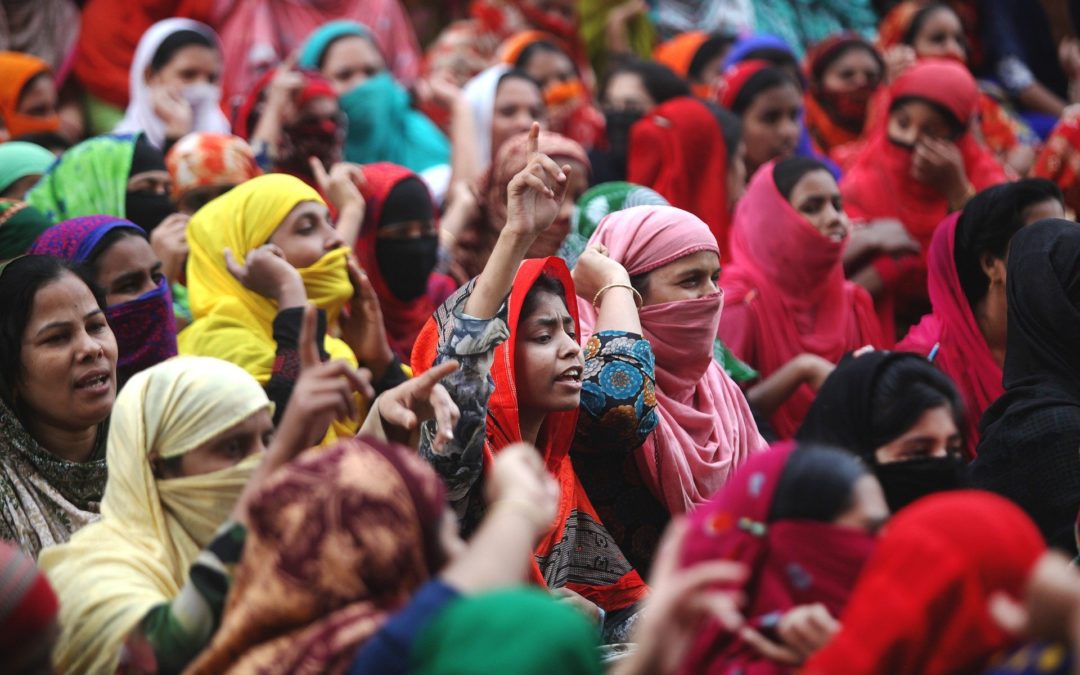
We spoke with one of the speakers who will participate in the “Political Development: Making, Unmaking, and Rebuilding of Founding Principles” panel, Rounaq Jahan, Distinguished Fellow at the Centre for Policy Dialogue in Bangladesh, about the political history of Bangladesh, and what needs to be done to push forward in the future. Previously, she served as a Professor of Political Science at Dhaka University and a Senior Research Scholar and Adjunct Professor at Columbia University.
Feb 24, 2021 | Announcements, Arts Program, Bangladesh, Fellows, In Region, India, Nepal, News, Pakistan

The profound and inspirational work of our artists has not stopped despite the COVID-19 pandemic. In this magazine, we spoke with each of our fellows to discuss the inspiration behind their career as an artist, what they hope to learn during their time as a Visiting Artist Fellow, and their thoughts on the artwork they have each presented in this magazine. In the magazine’s pages, you will read the artists’ thoughts on these subjects in their own words, and we hope that it will inspire you to enter their world and see their work through their eyes.
Jan 29, 2021 | Announcements, Arts Program, Bangladesh, Fellows, In Region, India, Nepal, News, Pakistan

View a virtual gallery of the artwork from our 13 2020-2021 Visiting Artist Fellows from India, Bangladesh, Pakistan, and Nepal.
Jul 15, 2020 | Announcements, Bangladesh, News

Through the lens of a contemporary case study, the panelists explore the geopolitics of how vaccines are developed, the funding and distribution methods that are critical to the effort, and the global alliances that facilitate this in the world today, focusing on the South Asia context. They discuss the mechanics and commerce of vaccine development and the critical role that science and business can play in combating pandemics such as COVID-19.
Jul 14, 2020 | Announcements, Bangladesh, Faculty, Fellows, India, News, Pakistan, Partition

“There is nothing as epochal as the cataclysmic event that was visited upon the people of South Asia when decolonization occurred and the British withdrew during the dismantling of the British empire. That forced event — that trauma — continues to shape the lives of two billion of the world’s seven billion people today,” says Professor Tarun Khanna, Jorge Paulo Lemann Professor at the Harvard Business School and Director of the Mittal Institute. Despite the abundant historical and political scholarship on the Partition of British India in 1947, there are still gaps in our understanding of the event — and the Mittal Institute’s research team set out to change that.
Jun 18, 2020 | Announcements, Bangladesh, Community, News
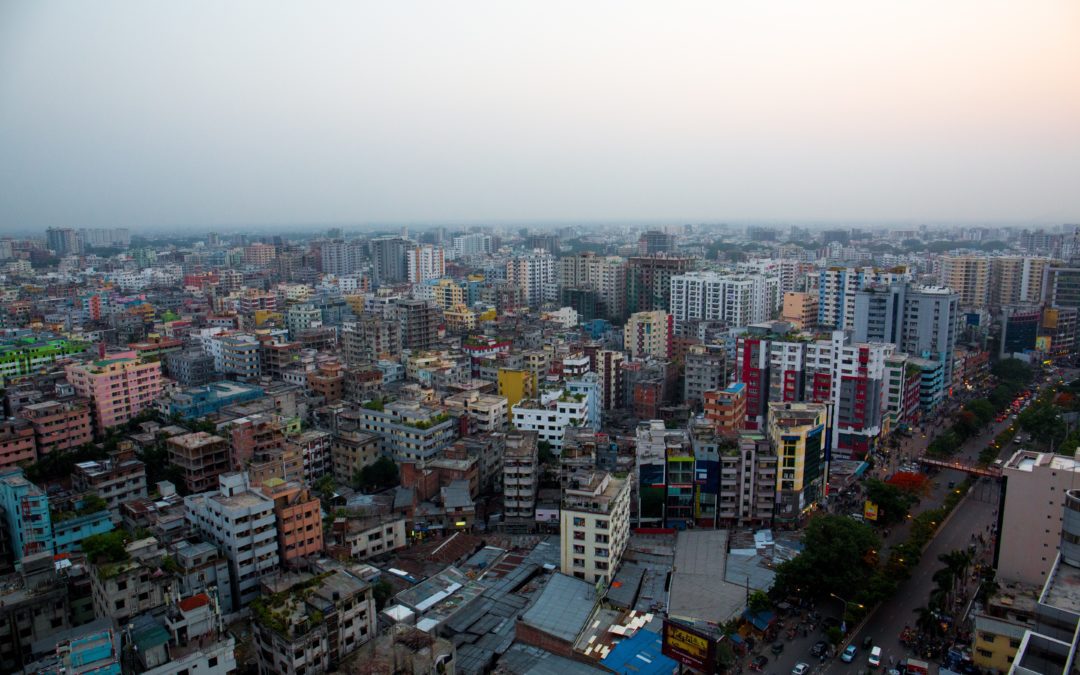
Recently, the Mittal Institute held a webinar to delve into entrepreneurship in South Asia amidst the COVID-19 pandemic. We spoke with webinar panelist Rajeeb Samdani — Managing Director of Golden Harvest Group, Co-Founder and Trustee of the Samdani Art Foundation, and a member of the Mittal Institute’s Arts Advisory Council — to learn more about how the pandemic has impacted business in Bangladesh, as well as the nation’s many unique qualities that have quickly made it an economic powerhouse in the region.
Apr 23, 2020 | Announcements, Bangladesh, In Region, India, News
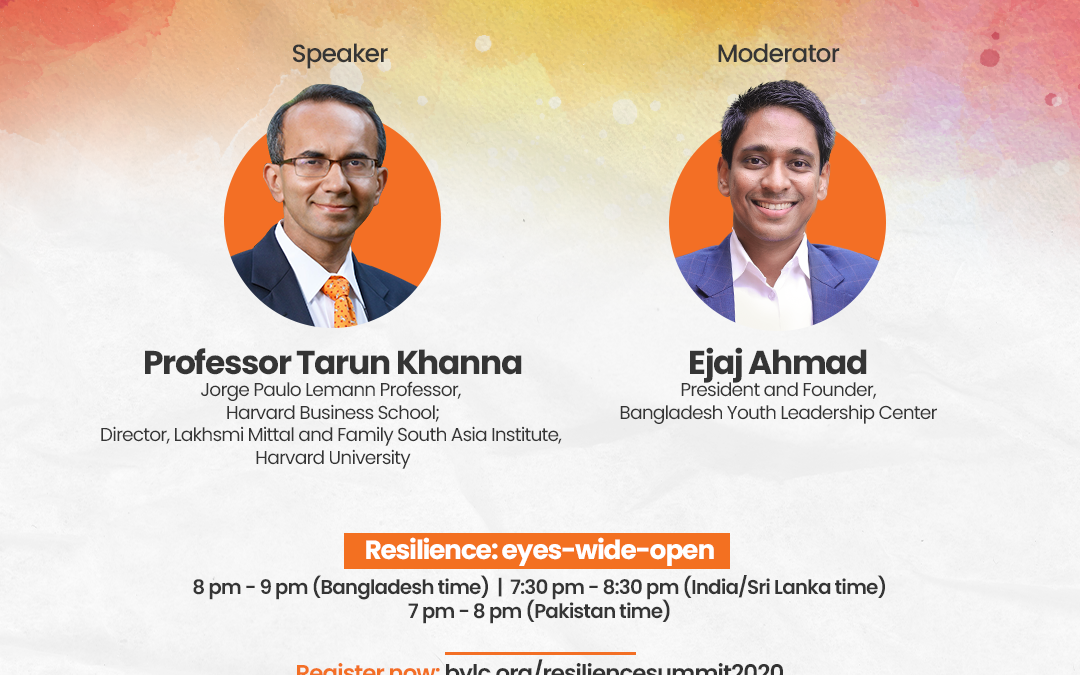
Recently, Dr. Tarun Khanna, Jorge Paulo Lemann Professor at the Harvard Business School and the Director of the Mittal Institute, addressed an online audience of more than 15,000 youth at the South Asia Youth Resilience Summit organized by Bangladesh Youth Leadership Center (BYLC).
Mar 12, 2020 | Announcements, Bangladesh, Community, In Region, News
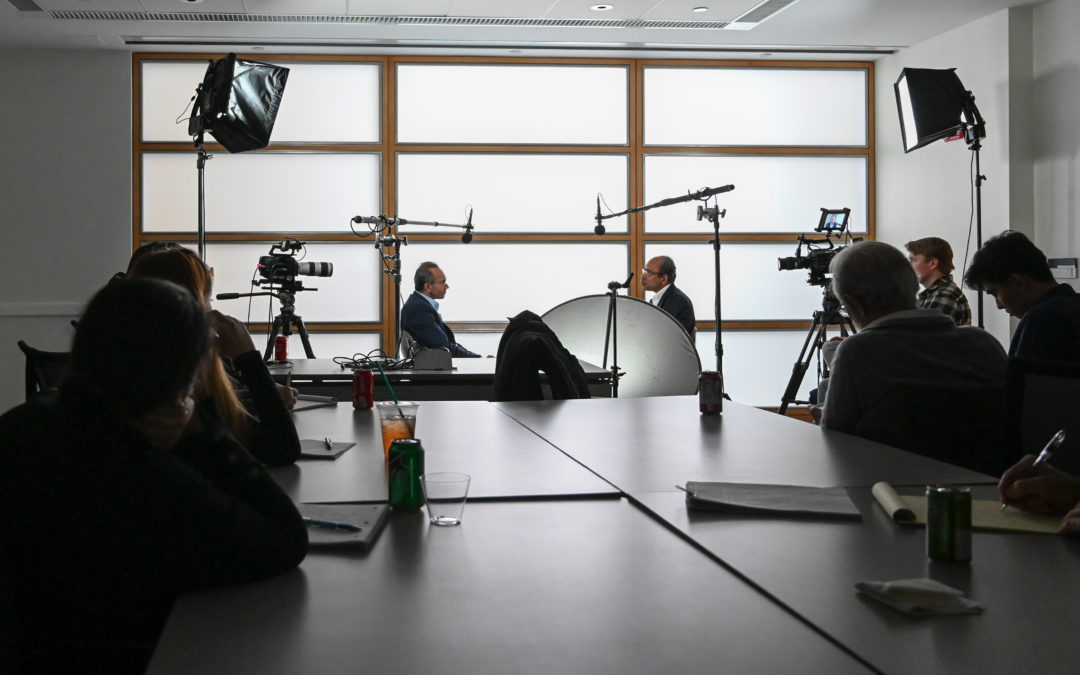
Last week, Muhammad Musa, Executive Director of BRAC International, visited the Mittal Institute to speak with Tarun Khanna, Director of the Mittal Institute and Jorge Paulo Lemann Professor at Harvard Business School. Together, they uncovered the effort it takes for BRAC to continue expanding on its role as the world’s largest NGO.
Mar 5, 2020 | Announcements, Bangladesh, In Region, News, Students
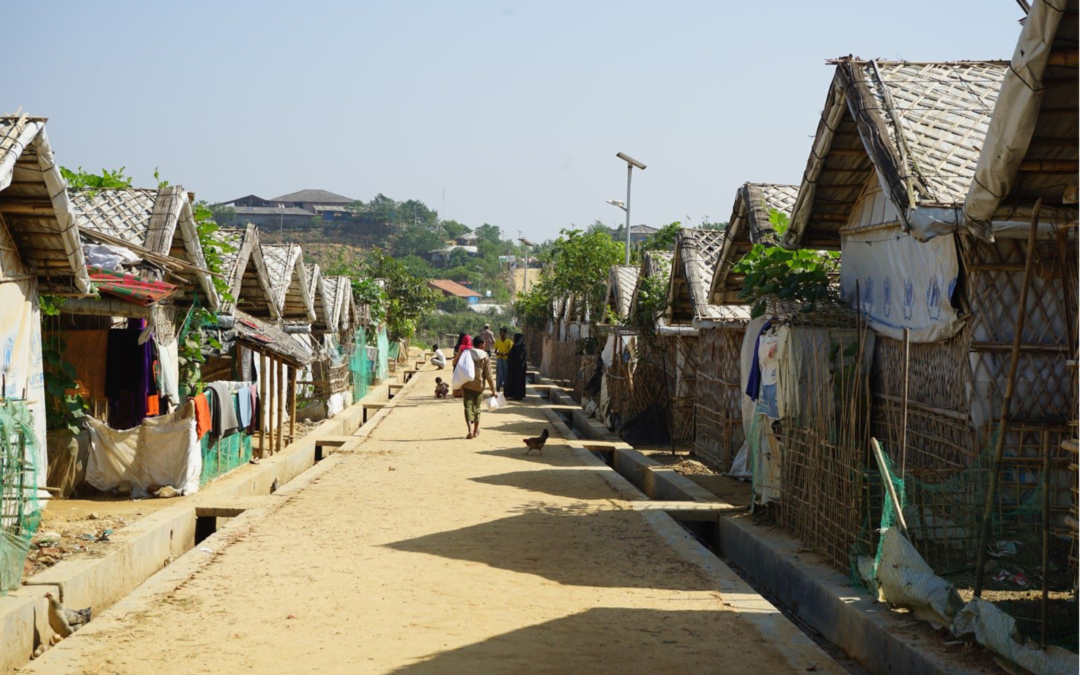
With the support of the Winter Travel Grant, I traveled through Bangladesh for over 30 days during December 2019 and January 2020. I was accompanied by my research partner, John David Wagner, an Irving Innovation Fellow at Harvard’s Graduate School of Design. During our trip, we carried out extensive field research in Bangladesh to inquire if the very nature of the spatial quality of refugee camps contributes to keeping the inhabitants of these urban dwellings marginalized for many generations.
Feb 27, 2020 | Announcements, Associates, Bangladesh, News
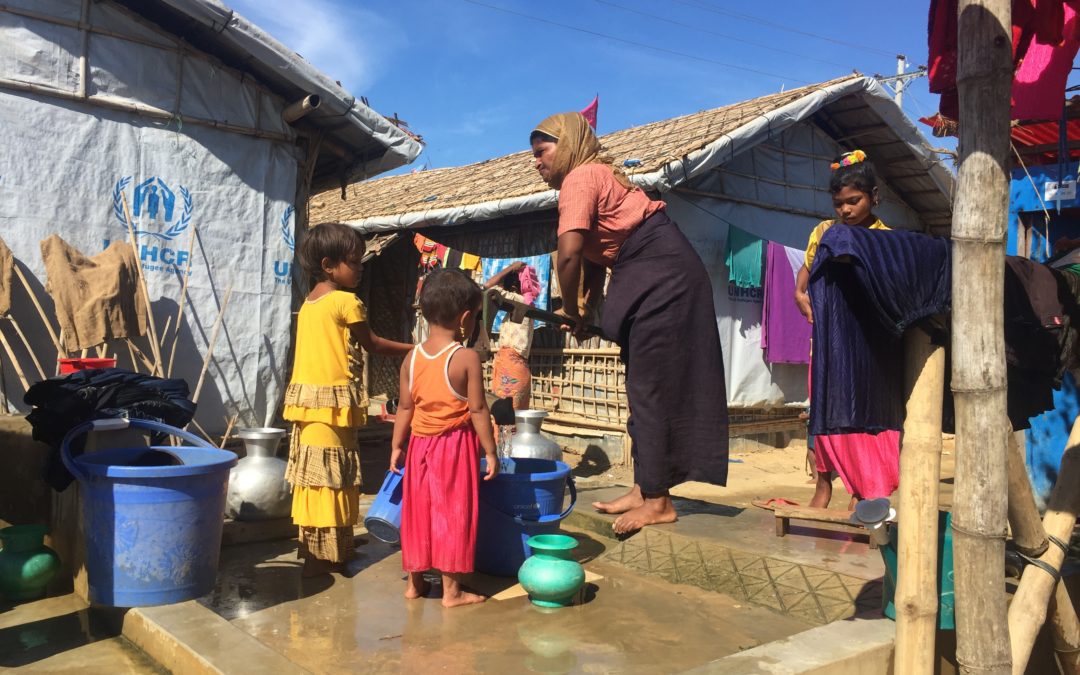
Fatima Zahra, Research Affiliate at the Mittal Institute and a Postdoctoral Research Fellow at Harvard University, has been working to design and implement socially responsible programs to address the loss of human potential and enhance life outcomes among the most marginalized. Recently, she was in Bangladesh for about three months to work at the Rohingya refugee camps and uncover ways to improve the mental and fiscal wellbeing of the refugees who live there.
Jan 16, 2020 | Announcements, Bangladesh, In Region, News
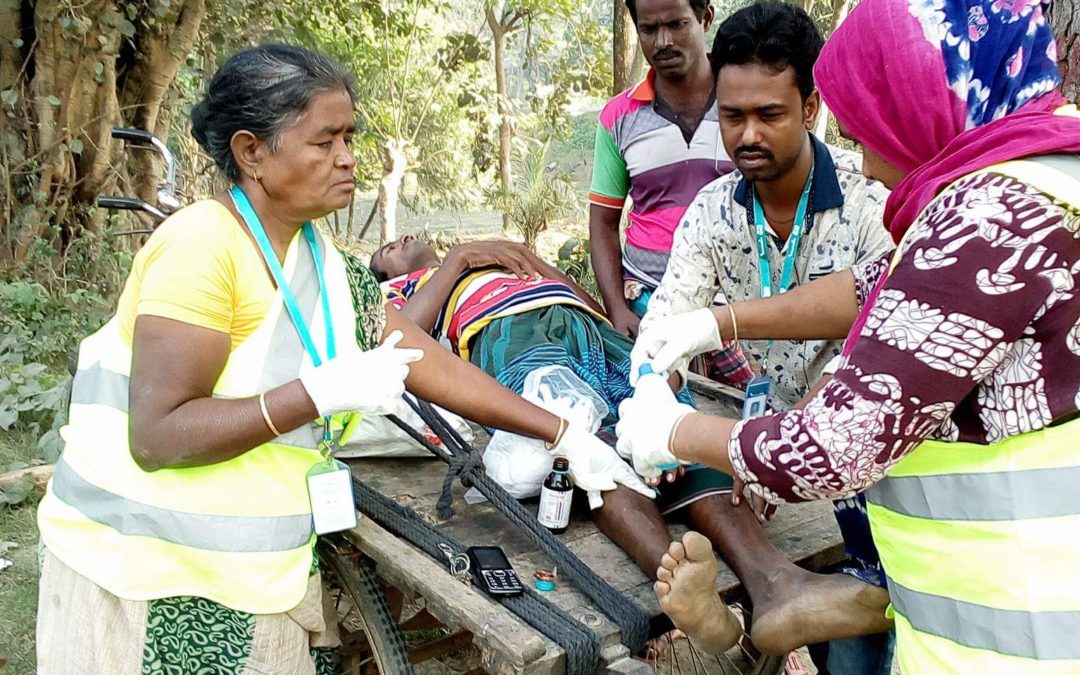
TraumaLink was founded in 2013 as a volunteer-based emergency response system providing free care to traffic injury victims in Bangladesh. Recently, in November 2019, the organization celebrated its five year anniversary. The project grew out of a winter session trip that brought together three Harvard T.H. Chan students: Jon Moussally, Eric Dunipace, and Ryan Fu. During their time in Dhaka, they met Mridul Chowdhury, CEO of mPower Social Enterprises, Ltd., who holds an MPA in International Development from the Harvard Kennedy School of Government.
Sep 26, 2019 | Announcements, Bangladesh, Blog, In Region, News, Students

By Tommy Schaperkotter. This summer I traveled to Bangladesh to survey and conduct fieldwork in the Rohingya refugee camps located in the Ukhiya and Teknaf regions, adjacent to the country’s border with Myanmar. I am pursuing this research as a component of a publication and my master’s thesis at the Harvard Graduate School of Design, which addresses the architectural and urban patterns of refugee settlements created in the wake of forced migration that has engendered a humanitarian crisis heretofore unprecedented. This crisis is often explained as one of refugees, but not always as one of refuge, of architectural spaces where the voices, memories, and capabilities of people are held in abeyance, precluded from substantive participation in the creation of their own built environment.












